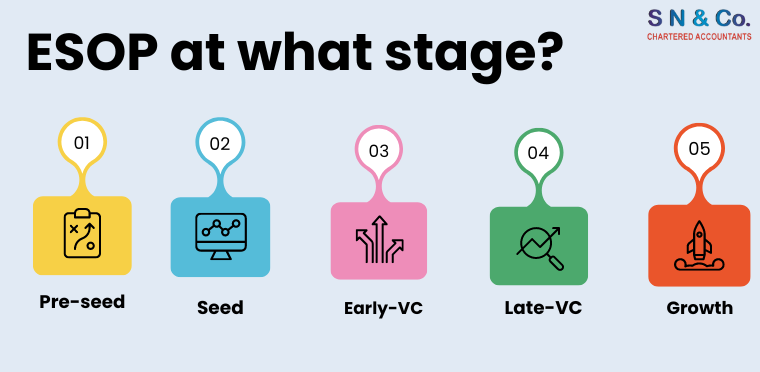DEFINITION
- ‘Active Business outside India’ is defined as:
- if the passive income is not more than 50% of its total income; and
- less than 50% of its total assets are situated in India; and
- less than 50% of total number of employees are situated in India or are resident in India; and
- the payroll expenses incurred on such employees is less than 50% of its total payroll expenditure.
- Active Business outside India’
(A) the income shall be, –
(a) as computed for tax purpose in accordance with the laws of the country of incorporation; or
(b) as per books of account, where the laws of the country of incorporation does not require such a computation.

- Active Business outside India’
(B) the value of assets, –
(a) In case of an individually depreciable asset, shall be the average of its value for tax purposes in the country of incorporation of the company at the beginning and at end of the previous year; and
(b) In case of pool of a fixed assets being treated as a block for depreciation, shall be the average of its value for tax purposes in the country of incorporation of the company at the beginning and at end of the year;
(c) In case of any other asset, shall be its value as per books of account;
(C) the number of employees shall be the average of the number of employees as at the beginning and at the end of the year and shall include persons, who though not employed directly by the company, perform tasks similar to those performed by the employees;
(D) the term “pay roll” shall include the cost of salaries, wages, bonus and all other employee compensation including related pension and social costs borne by the employer.
- “Passive income” of a company shall be aggregate of,
(i) income from the transactions where both the purchase and sale of goods is from / to its associated enterprises; and
(ii) income by way of royalty, dividend, capital gains, interest or rental income;
However, any income by way of interest shall not be considered to be passive income in case of a company which is engaged in the business of banking or is a public financial institution, and its activities are regulated as such under the applicable laws of the country of incorporation.
![]()
- “Senior Management” in respect of a company means the person or persons who are generally responsible for developing and formulating key strategies and policies for the company and for ensuring or overseeing the execution and implementation of those strategies on a regular and on -going basis. While designation may vary, these persons may include:
(i) Managing Director or Chief Executive Officer;
(ii) Financial Director or Chief Financial Officer;
(iii) Chief Operating Officer; and
(iv) The heads of various divisions or departments (for example, Chief Information or Technology Officer, Director for Sales or Marketing).





